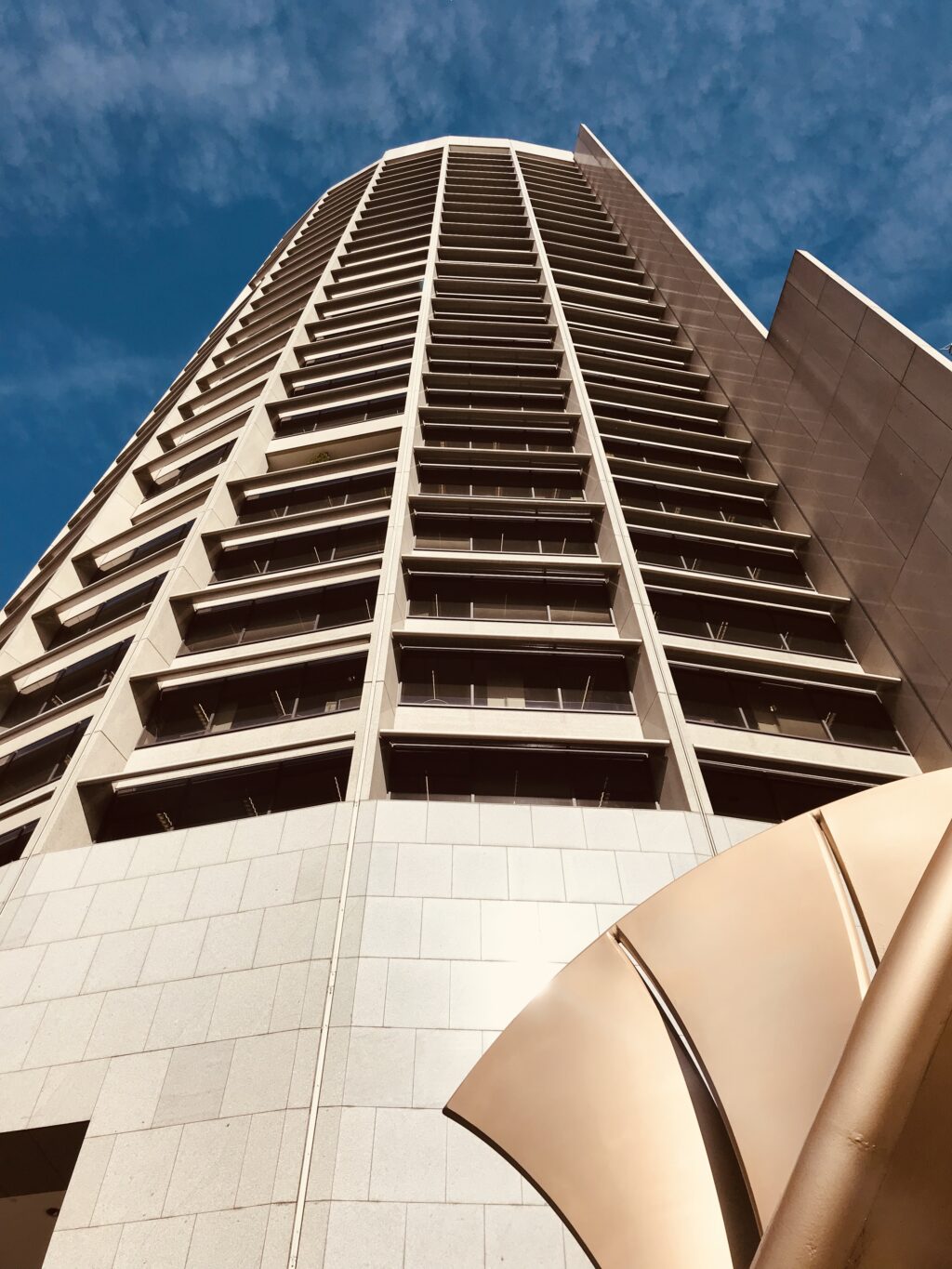Shell House redevelopment approved through ministerial call-in

Feature Image: Shell House, 1 Spring Street, Melbourne. 2018
The National Trust is disappointed by news that the Minister for Planning has approved the development application under ministerial call-in to demolish part of Harry Seidler’s Shell House and construct a new high-rise office tower.
The National Trust believes, when properly considered and integrated into planning and development, heritage provides an opportunity for sustainable and innovative design solutions that protect what the community values and provide great places to live, work and play. We support the adaptive reuse of heritage buildings, which is an important practise in the face of climate action. We need planning proposals that ensure existing buildings have an ongoing purpose and remain viable assets to their communities, while their heritage values remain respected and safeguarded.
Shell House is included in the Victorian Heritage Register as one of the state’s most significant modernist buildings. When it was originally refused, the development proposal was criticised by the National Trust, the Australian Institute of Architects, and Heritage Victoria. The original application was called in by former planning minister Richard Wynne when it was referred to the Heritage Council for review in December 2021.
An Advisory Committee was appointed by the Minister for Planning in June 2022 and a hearing was conducted in March 2023. Parties invited to make submission at the hearing were restricted to Heritage Victoria, Melbourne City Council, Phillip Nominees Pty Ltd (the Applicant), Department of Environment, Land, Water and Planning, and Department of Transport.
Information in the Advisory Committee Report has shown Melbourne City Council noted the obvious significant impacts to the heritage fabric of Shell House and its cultural heritage significance, and the Heritage Council of Victoria recommended the application be refused, finding the proposal did not accord with, or respect, the registered values of the place.
This is a ‘highest and best use’ development, and the rationale for construction of more office space when the way we work is evolving so rapidly is questionable at best, especially as research is showing the need for sustainable reuse of existing buildings rather than new construction in the face of climate change.
There has been a concerning increase of recent ministerial call-ins pre-empting the outcome of appeals before the state’s independent Heritage Council which undermines the integrity of the state heritage register. Decisions about our most important places should not be made behind closed doors. This approval sets a dangerous precedent for other state listed sites with refused ‘highest and best use’ development proposals that have also been called-in by the Minister for Planning.
+ There are no comments
Add yours